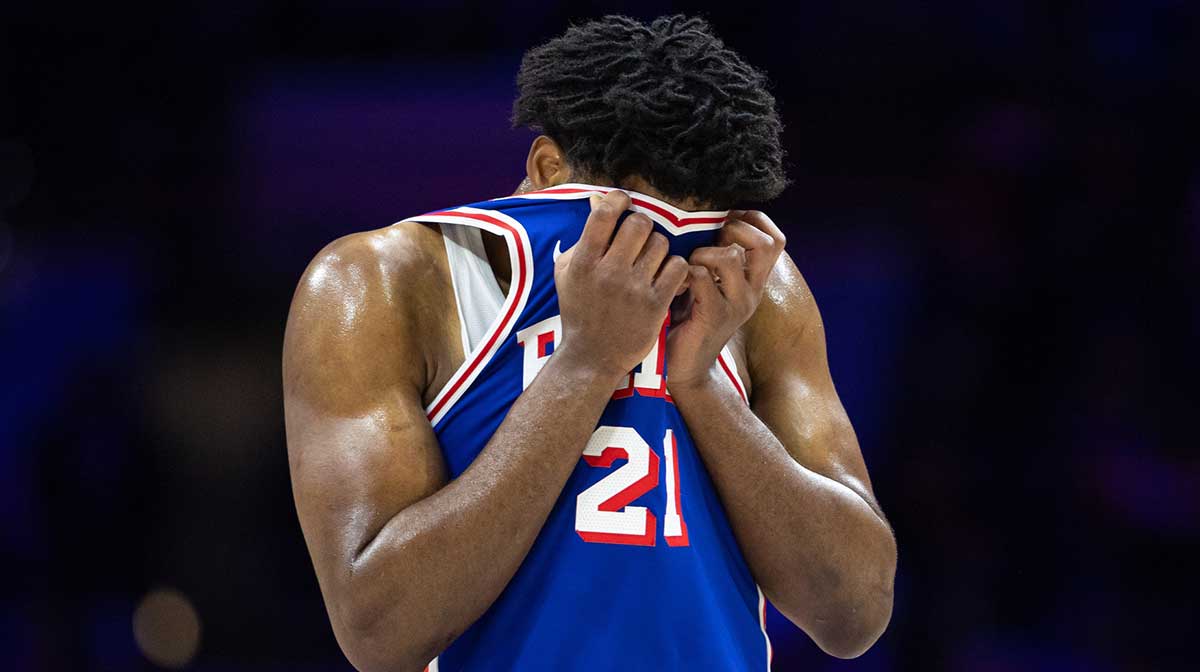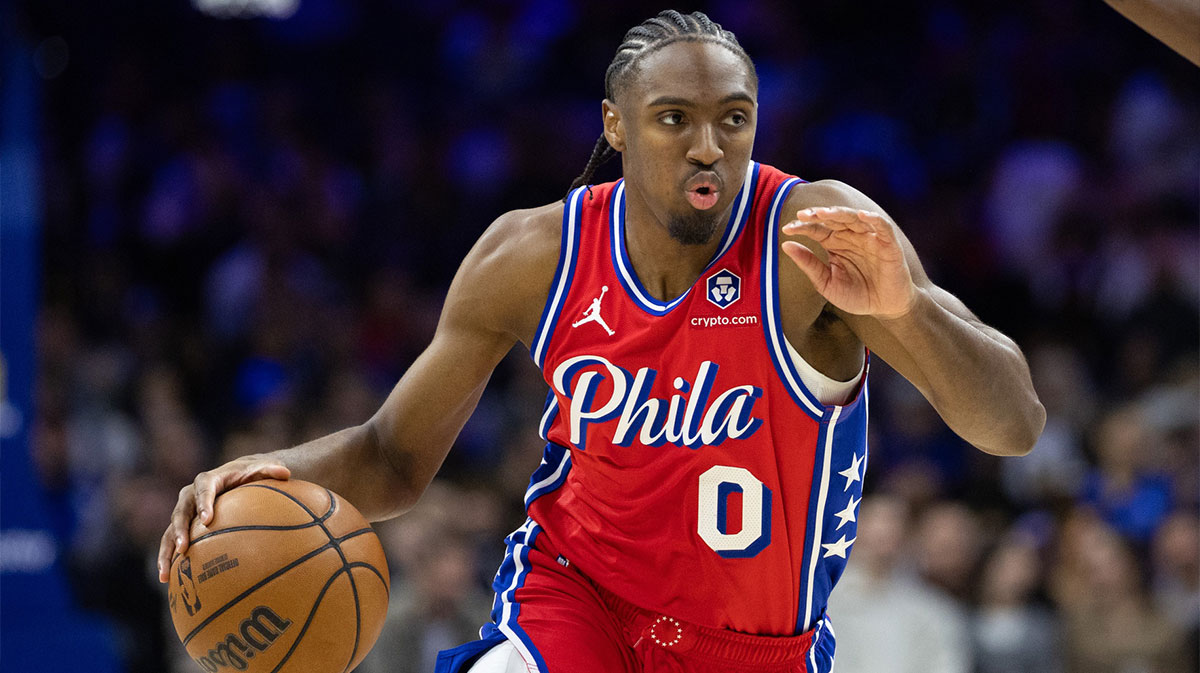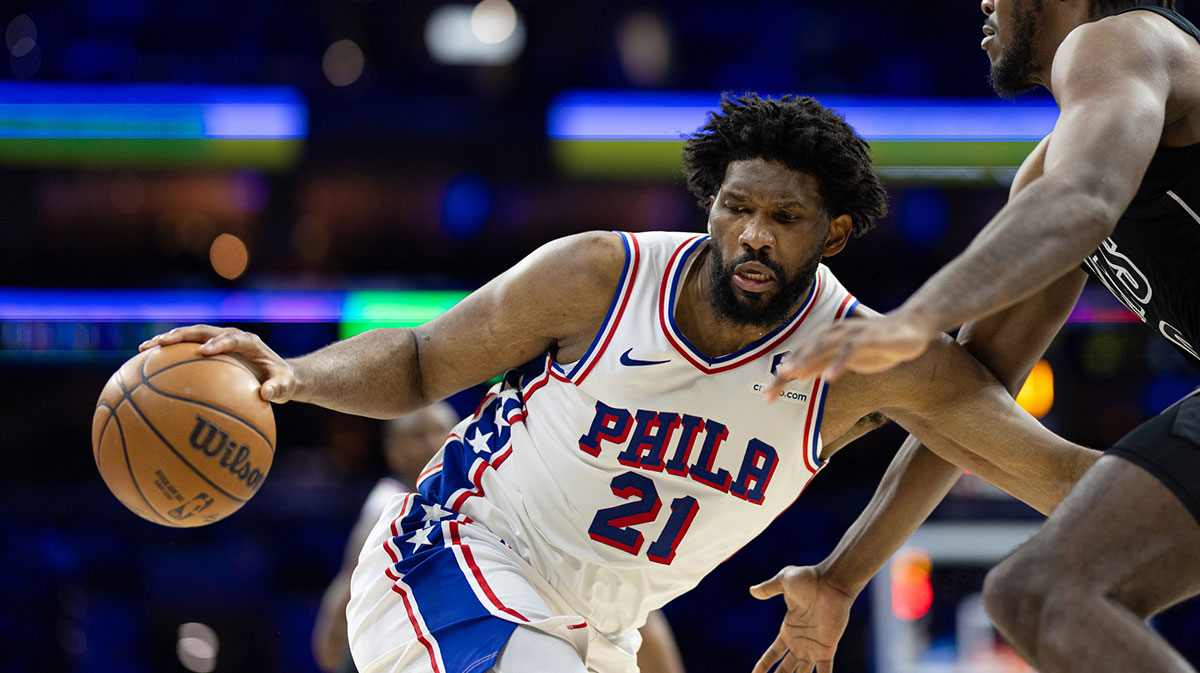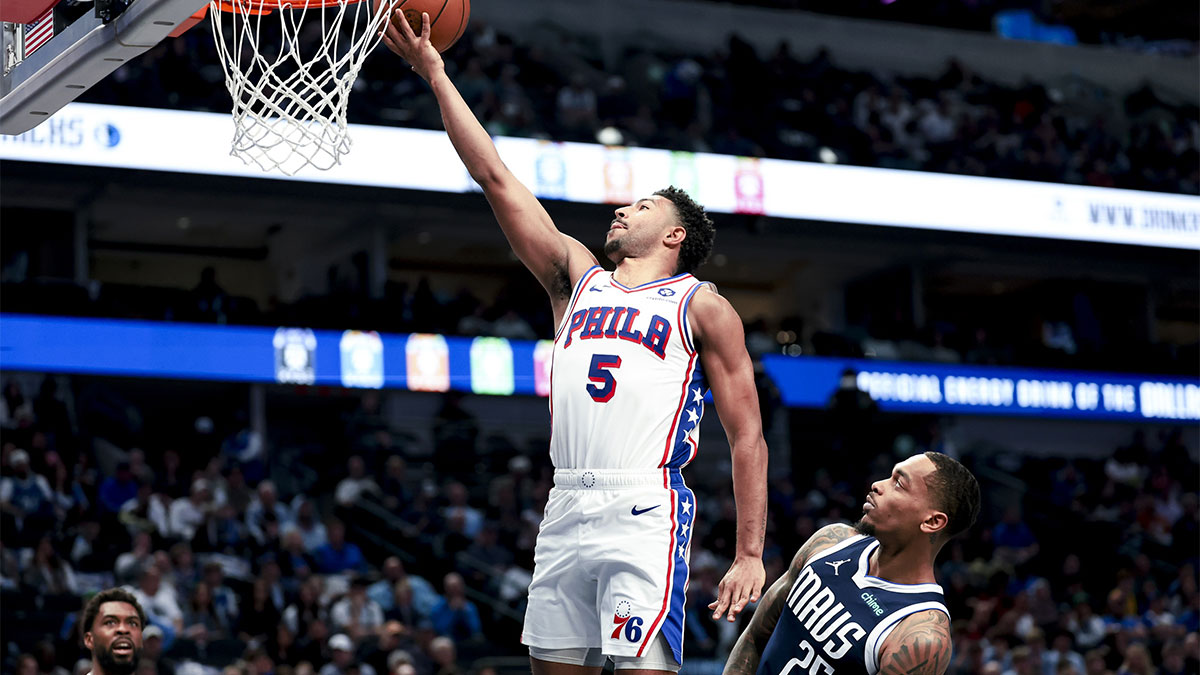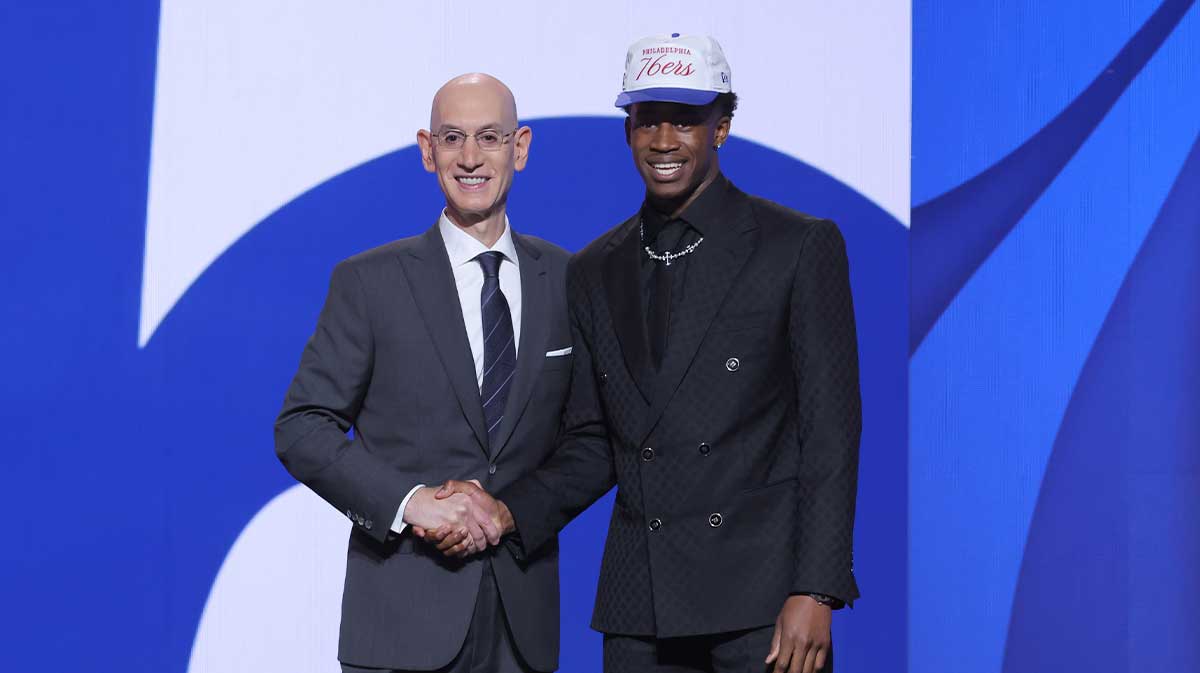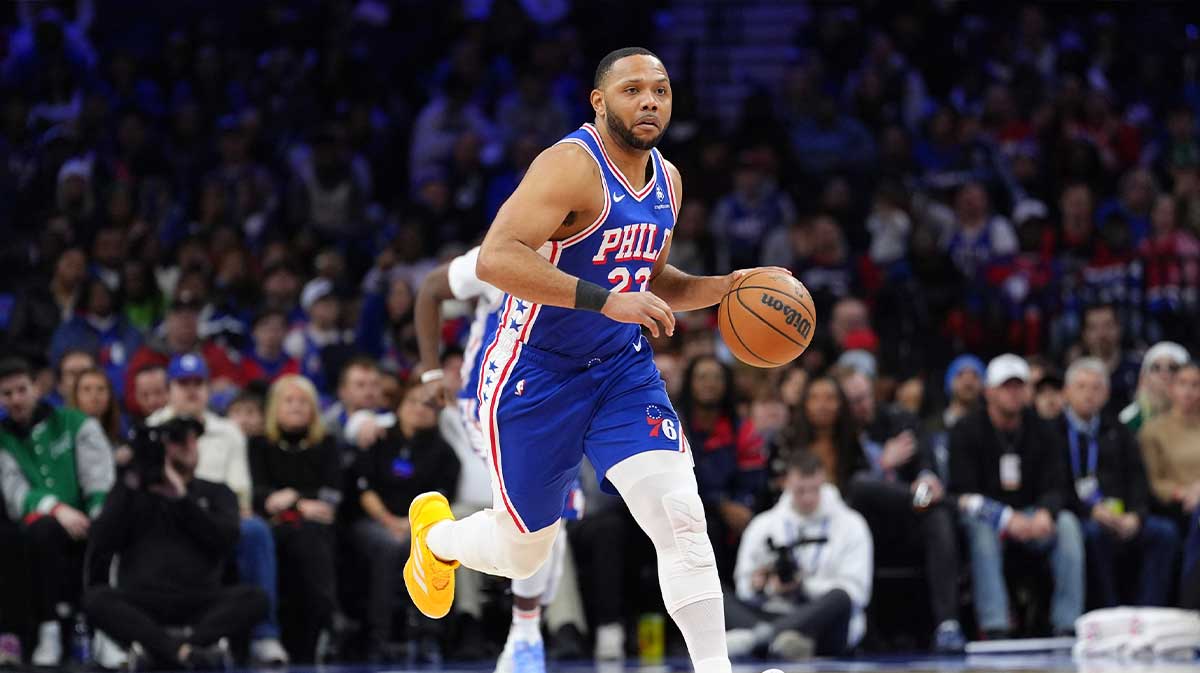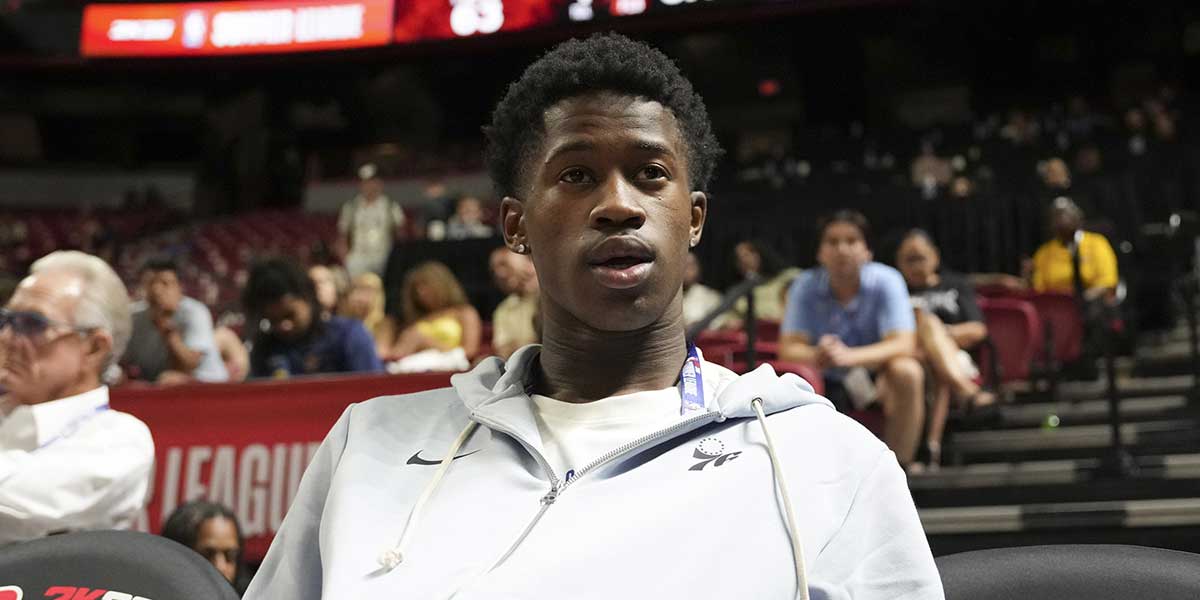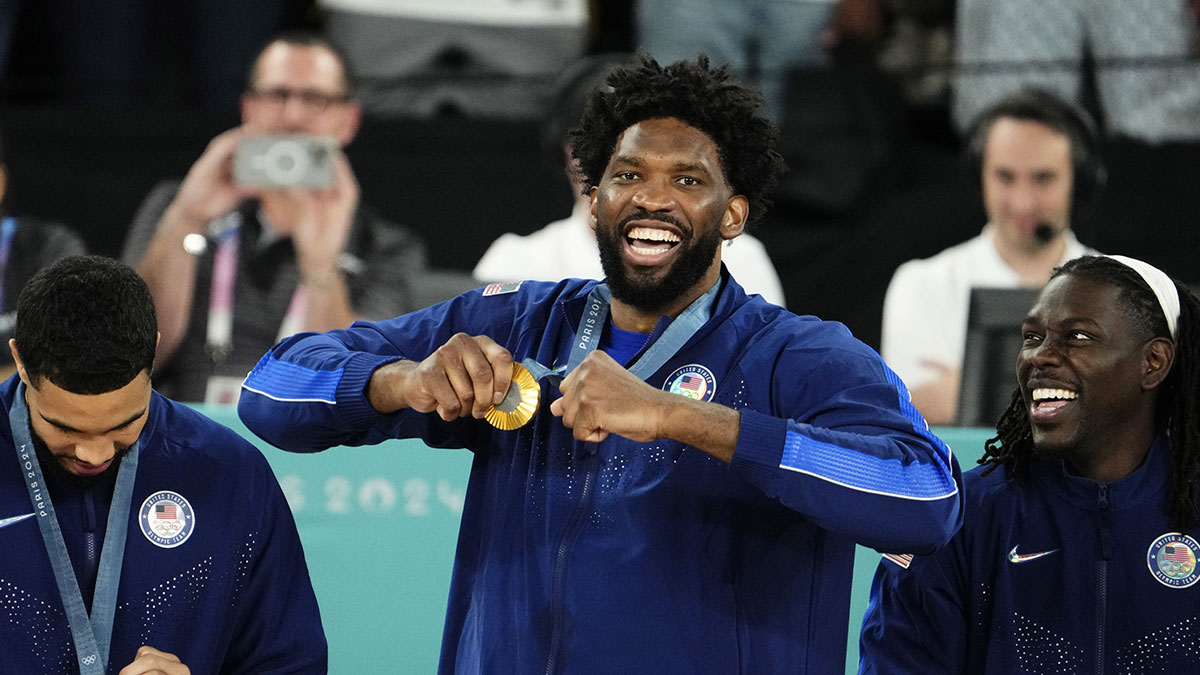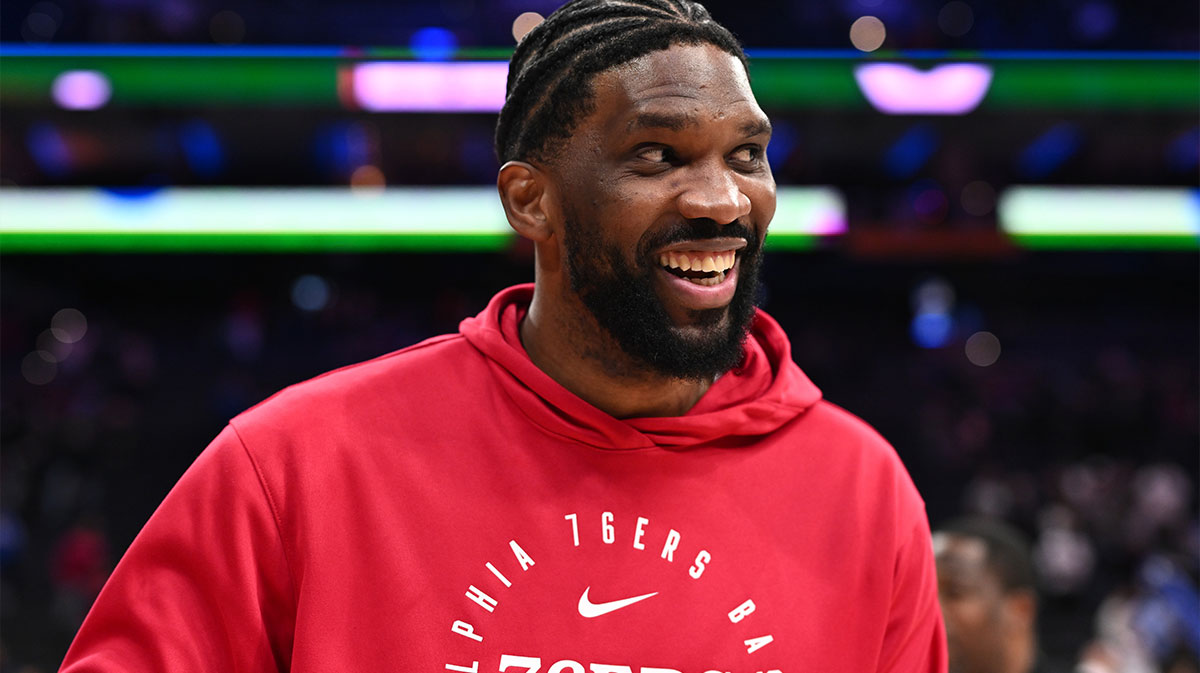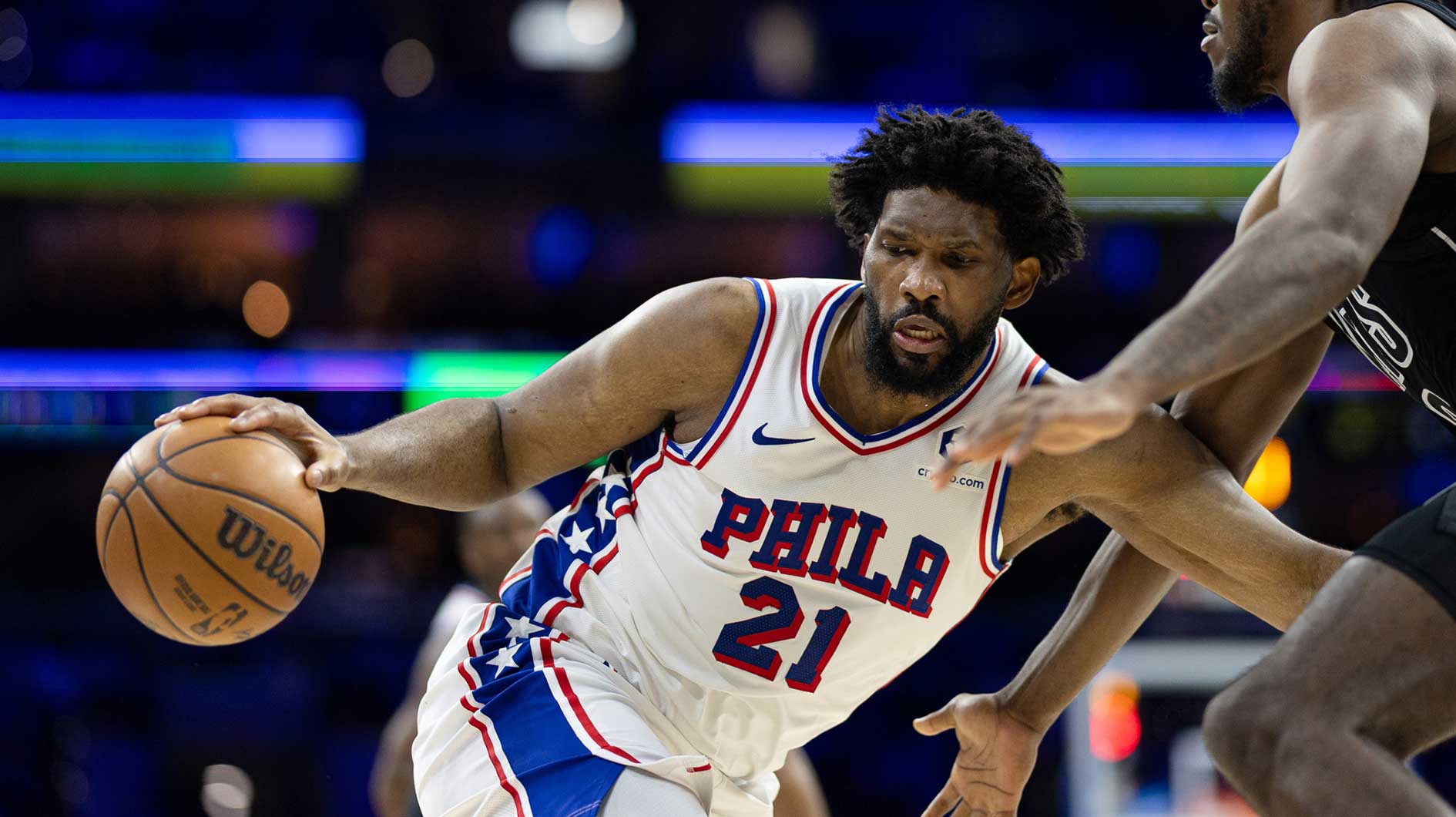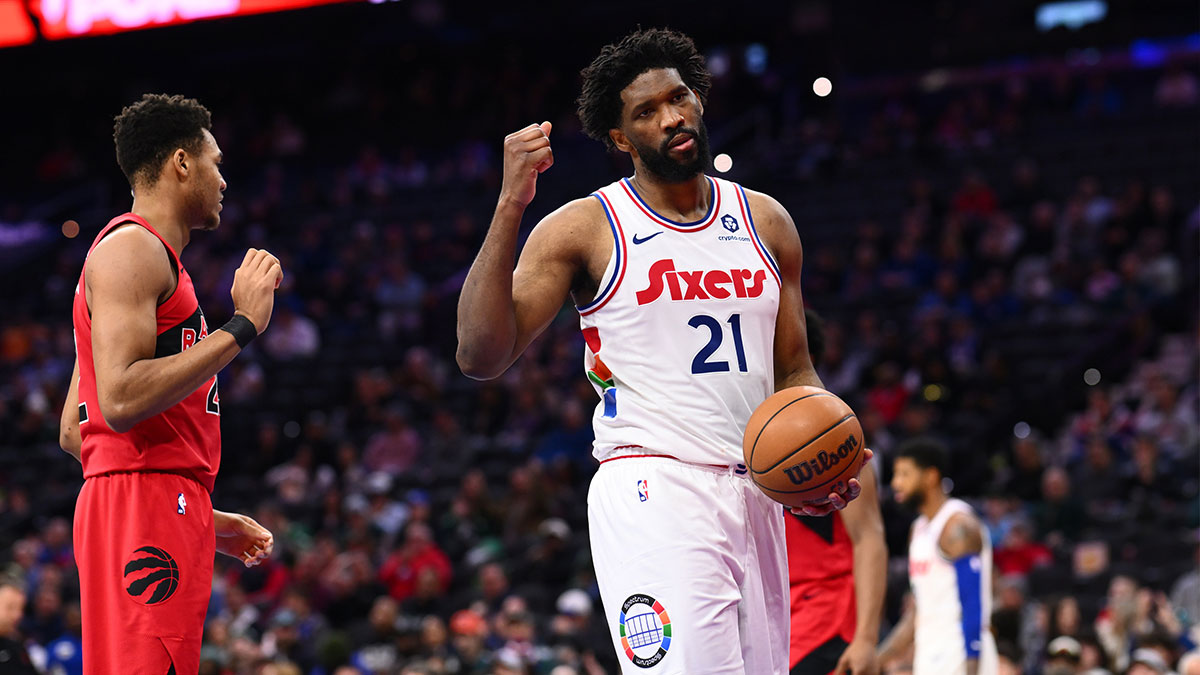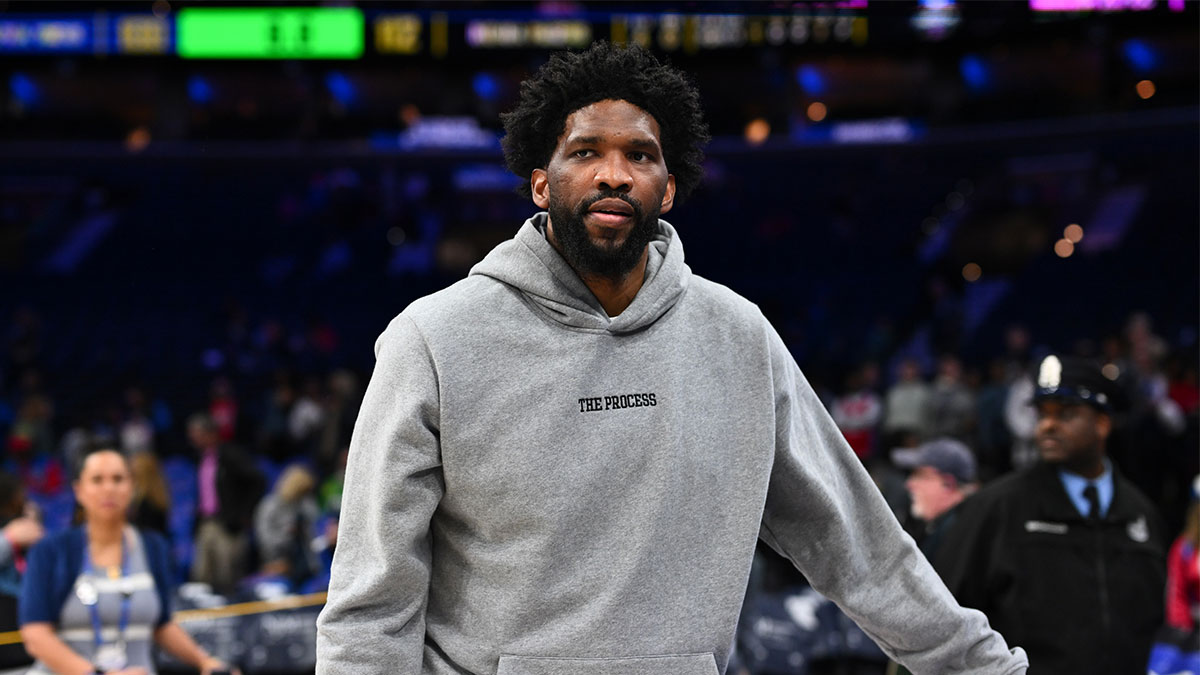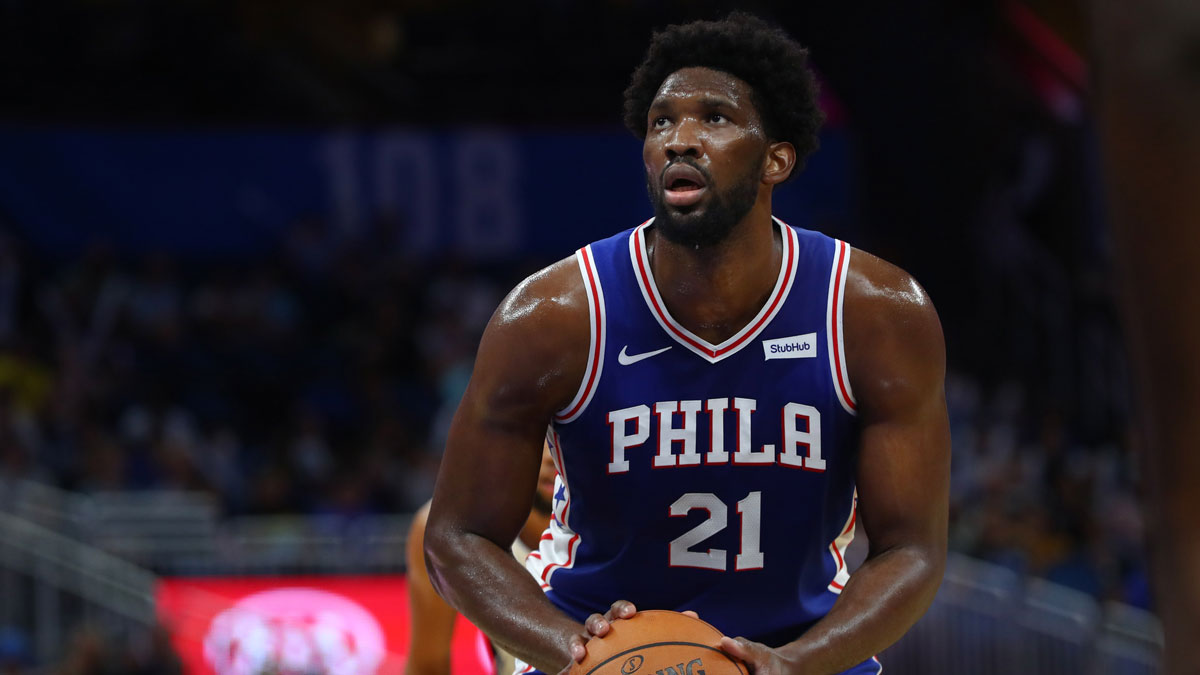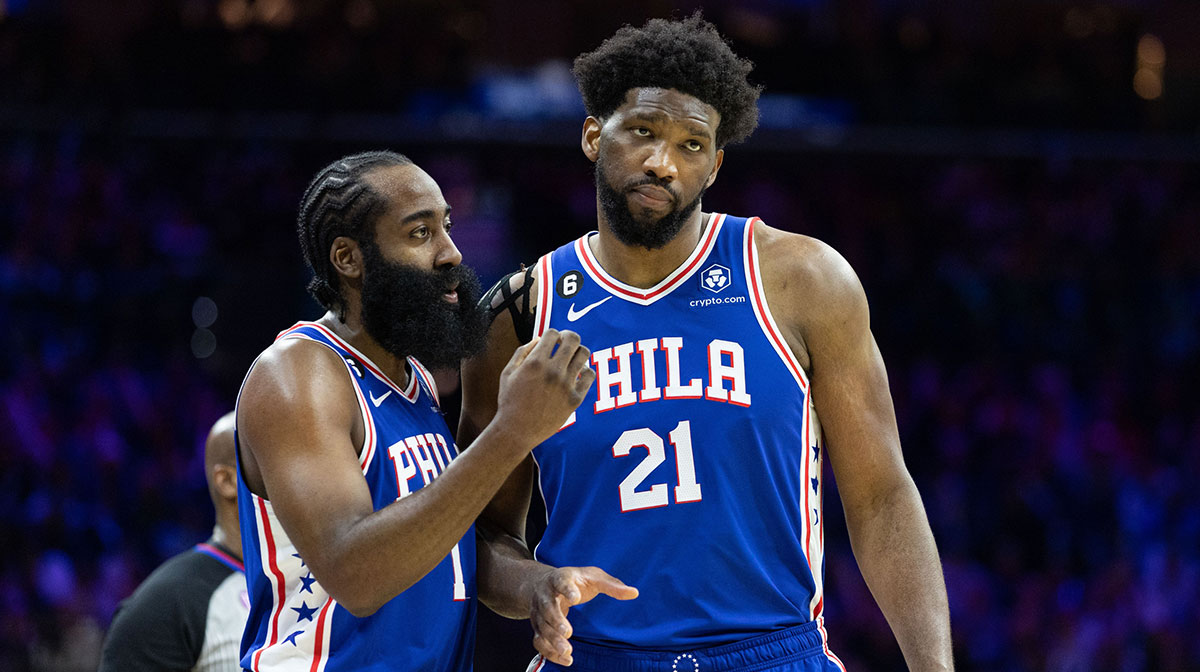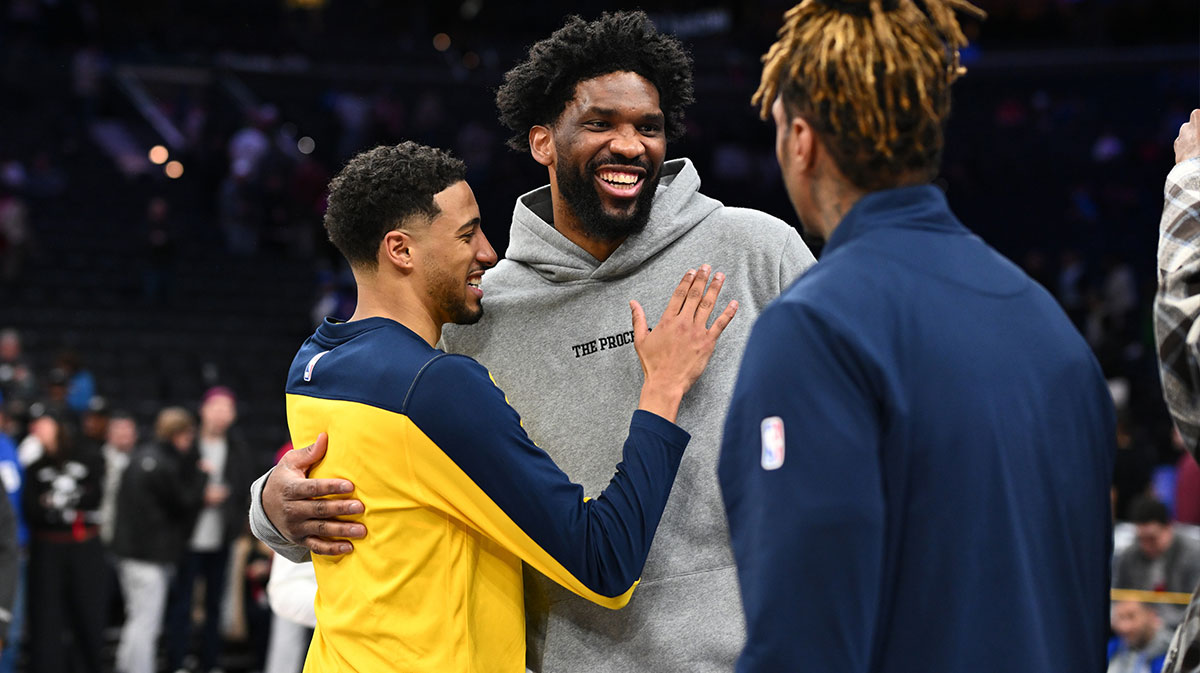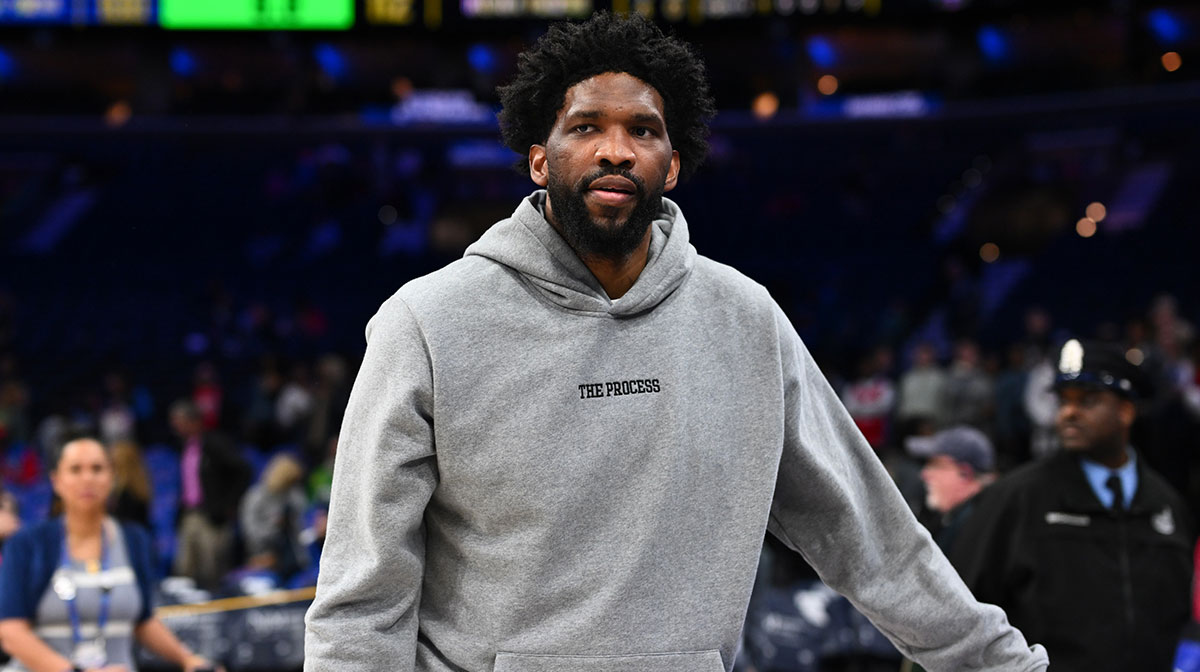Doc Rivers might know that following the Philadelphia 76ers' season ending loss to the Boston Celtics in the first round of the NBA playoffs, Josh Richardson spoke to reporters about Brett Brown, the Sixers' head coach many viewed as being in danger of losing his position.
“He’s a good guy,” Richardson said via video conference. “He’s a good man. He means well. I just think going forward, we’ve just gotta have some more accountability. I don’t think there was much accountability this season and I think that was part of our problem.”
Doc Rivers might also know that some of the criticism directed at Brown was to be expected, following the unceremonious elimination of a team that was expected to contend for a title at the beginning of the season. Richardson's comments however, were particularly stark, as they not only came from a player originally from an organization renowned for its accountability and culture, but because he was acquired by the Sixers, in a trade that jettisoned a star Brown believed, hindered their own. Watching Jimmy Butler and the Miami Heat now playing in the NBA Finals, thanks in part to the environment they created, can only be that much more disconcerting for the Sixers' brass.
Attempting to rectify that situation, the Philly organization announced Thursday afternoon that they had agreed to terms with Doc Rivers, a coach who, despite recent playoff failings, is renowned for his ability to facilitate a productive team culture. Long known for his work with the 2008 Celtics, and their “Ubuntu' mantra, Rivers' most noted accomplishment however, must be the way he steered the Clippers' organization during the fallout of the Donald Sterling affair. In the midst of a playoff run during his inaugural season with the club, Doc found himself responsible not only for the schematics that his players ran on-court, but for guiding employees throughout the organization.
In taking charge of the Sixers, Doc Rivers will be tasked with not only creating a productive team environment for a franchise sorely lacking in chemistry, but with getting buy-in from a roster that seems ill-conceived at best. Operating in a league obsessed with creating space, Philadelphia features a lead ball-handler incapable of stretching the floor, and an all-star center to often relegated to the corner because of it. While injuries certainly limited the 76ers against the Celtics, it was the lack of adjustment following the loss of Ben Simmons, that may have ultimately sealed Brown's fate; with the latter choosing to simply substitute Al Horford into the dunker's spot Simmons would occupy, and Joel Embiid once again struggling against a crowded lane.
While the question of fit will remain–with the Sixers nearly capped out and sorely lacking in tradable talent outside of their top two stars–Doc Rivers' success will depend on his ability to convince the Sixers' players to adopt a style of play they may not be entirely comfortable with. From Simmons attempting more outside shots, to Embiid no longer dropping on pick-and-roll defense, Philadelphia must find ways to maximize the talent on hand. In acquiring a coach whose never failed in getting his players to follow him, they may have taken the first step in doing so.

